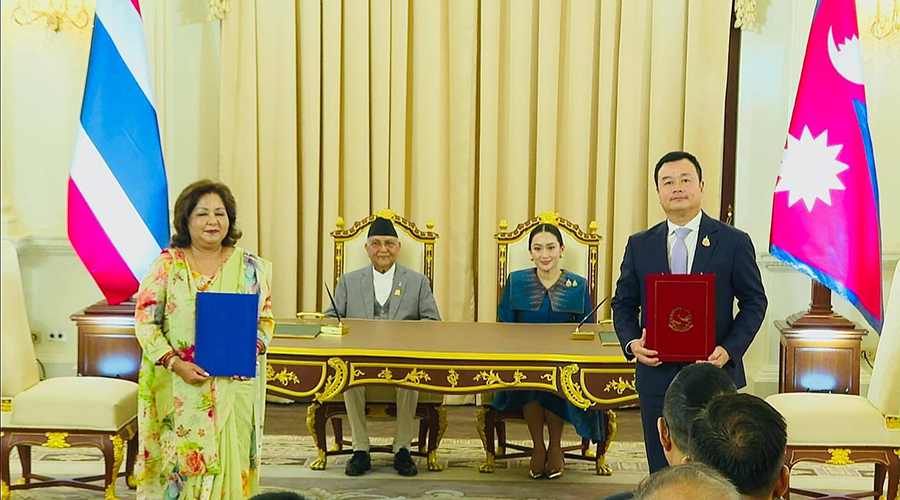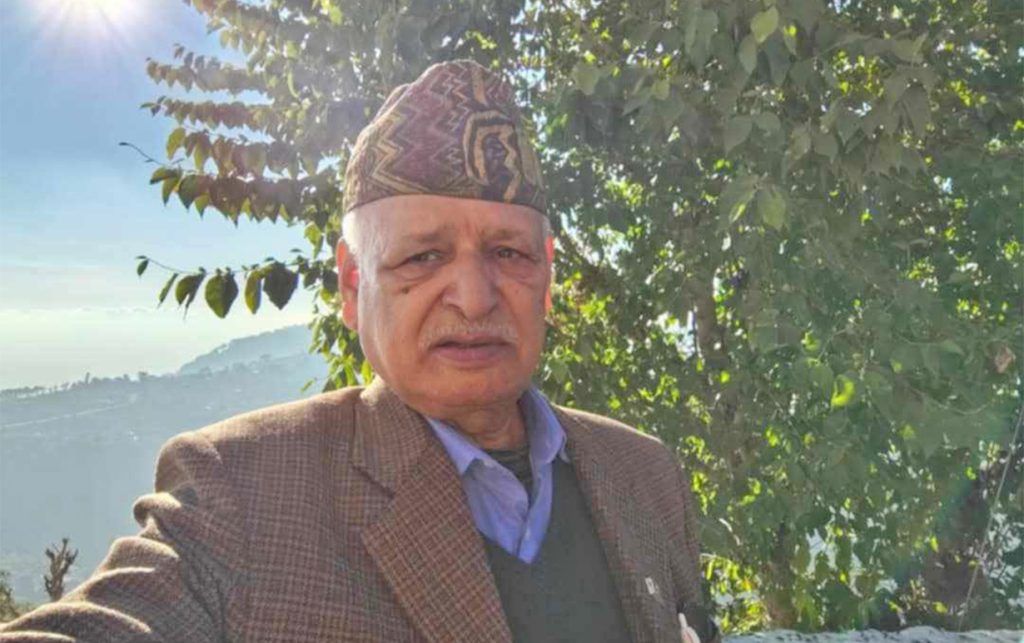
We have seen an upsurge of so-called new political parties in Nepali politics. Indeed, they are new because they have fresh political faces to proclaim their optimistic intentions. Then, it appears, they have a selfless commitment to radical socio-economic development for the people of this country.
In contrast to old conventional political parties, these new parties do not have dark spots of gross negligence, corruption, or mismanagement on them yet. Hence, the people of Nepal have unbound expectations that these new parties will significantly contribute towards the state’s accountability, transparency and economic growth.
However, only time will tell whether they are really new or whether these new parties are just a one-hit wonder in terms of electoral results or they are here to play long innings on the rather hazardous and unpredictable pitch of Nepali politics.
Just the same
The main political narrative of these so-called new political parties is that they are here to radically change the political culture of Nepal. However, they continue to support rampant corruption, indecision, instability, political favouritism, abuse of authority and easily compromise to the self-interest of a few political leaders.

When we analyse the positive intentions, motives and lofty promises of new political parties with reference to dominant political ideology, existing economic policies, governance modalities and the economic realities of Nepal, it appears that these new parties are not alternatives, distinct from or different from conventional parties. They are only pitching themselves as a better version of or an updated model of old parties by exposing the past failures and shortcomings of conventional parties.
The fundamental problem with new political parties is that they have not demarcated themselves as different and distinct from the political ideology, ideas, values, governance modalities, and economic policies of old conventional parties.
Clarification needed
We are unsure if they are capitalists or economic liberals who support privatisation, foreign investment and free enterprise or socialists, a social welfare party, who favour centralised control of everything, more authoritarian government and expansive development.
In terms of political values, where do they stand? Are they secular, conservative, liberal, nationalist, authoritarian, or religious? Just like conventional parties in Nepal, they appear to be a mishmash of everything.
For example, Nepal’s political economy is framed from the perspective of socialist ideals and the government operates enterprises related to essential products and services, provides welfare, regulates the market, allows the formation of powerful trade unions and charges high taxes on different goods and services, for government revenue generation.
So, given opportunities, are these new parties willing to reduce the size of the government mechanisms to manage additional capital for infrastructure development? If they get the opportunity, will they cut down on welfare schemes and channel financial resources for infrastructure development? Will they also rectify quota systems and promote a merit-based system?
Besides, what are their particular tactics for addressing problems like cults of personality, groupism, a preference for funders and autocratic decision-making that are pervasive in Nepali political parties?
There are many such tough questions. The new political parties in Nepal have lucidly avoided and ignored them.

Hopes and fears
Although Lee Kuan Yew, the inaugural prime minister of Singapore, is utterly romanticised in Nepal, we should not forget that he was able to transform his country into a developed country. He implemented relevant economic policies and a governance model based on meritocracy rather than taking populist decisions for short-term political gains.
But in the social and political context of Nepal, even gutsy political leaders of new political parties will find it rather challenging to implement tough and unpopular decisions against the existing socio-political and economic schemes of things and the sentiment of their mass voters.
A simple analysis of policy objectives and political promises of new political parties reveals that they have chosen to remain completely unaware of the reality. The reality is that the root causes of many socio-economic problems in Nepal are not just associated with political leadership or government failures but are the result of the history, geography, social values, economic policies based on socialist ideals and absolute irresponsibility of people.
Indeed, new political parties can always blame the bureaucracy, the judicial system, the global economy, the established press, business tycoons, the sheep-like tendencies of Nepali people, and foreign conspiracies if they fail to materialise their airy-fairy promises.
But if they remain rooted in the political ideologies, isms, values, and economic policies of the same old conventional parties, gradually, new political parties in Nepal will find themselves as just another conventional party.
After all, it is not promises, gusty voices or new faces that determine political behaviour rather it is political ideas, values and a set of political principles carried by individuals in a party.
























